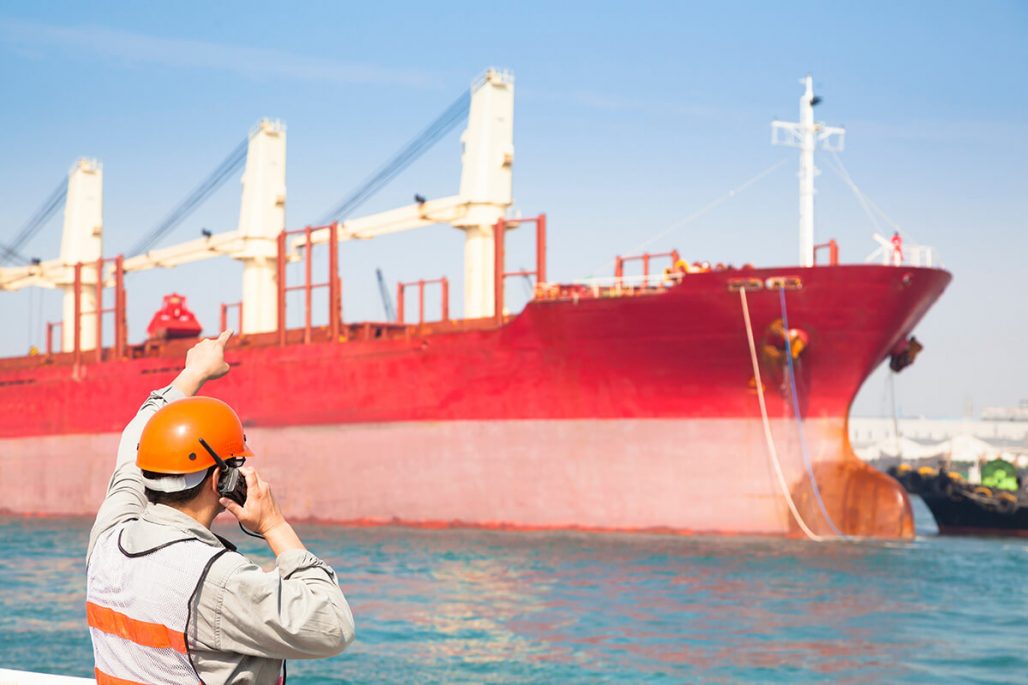What makes transport by sea complex and special compared to other means of transport?
When a new partner encounters this mode of transport for the first time, it is of significant importance for us to draw their attention to these differences that are evident to us, but may not be so for them.
Main features of transport by sea:
- It is a multimodal mode of transport required to comply with several regulations and directives at the same time (road, sea, rail).
- There is no direct relation with the goods as in the case of air or road transport, as the goods are transported directly to the rail terminal or port after loading.
- In lack of a sea port, goods must be transported through many countries and freight rates and country specifics must be observed through several routes (e.g., southern vs. northern ports).
- Parity: Other maritime transport clauses should be familiarised with in addition to the 2-3 parities used in road and air transport (EXW, FCA, DAP).
- FOB is the most commonly used maritime parity in practice that is not used for any other mode of transport, as its name also indicates that it is a parity used at sea (free on board).

- Bill of Lading: Bill of Lading is a document used in sea transport, serving not only as a record of the shipment’s details and as a proof of receipt, but its original copy also serves as a security. To redeem the goods, the submission of the original document is required, and if lost, goods can be withdrawn only by opening a bank guarantee.
- Packaging: Once the goods are loaded into a container, they are exposed to various thermal effects and condensation during the long journey, therefore seaworthy packaging is important even for Full Container Load (FCL) and Less than Container Load (LCL) shipments.
- We do not contract separately for the shipment of each container or partial shipment as the rights and obligations set out on the proof of receipt and the Bill of Lading shall apply to the shipment. Accepted freight rate means that we accept the terms of transport set by the shipping company/freight forwarder, and thus the agreement is made.
- Insurance: Insurance is important because under the BL, the owner of the goods is entitled only to a minimum compensation if it can be proved that the damage incurred is not attributable to either the seller or the buyer. In certain cases, shipping companies may report “general average”, which means that all costs incurred shall be included in the value of the damage, which will be charged to the ownership of the goods on board. Therefore we recommend to have cargo insurance taken out in all cases.
- Apart from the means of transport, containers are also needed for the transport of the goods. Containers are provided by the freight forwarding company or directly by the shipping company, but their condition must be checked prior to loading and the loader may reject containers that are in improper condition and request a replacement from the transport company prior to loading.
As people become more aware of the advantages and environmental friendly nature of sea transport, the more the industry continues to evolve while becoming more efficient and more sustainable.
